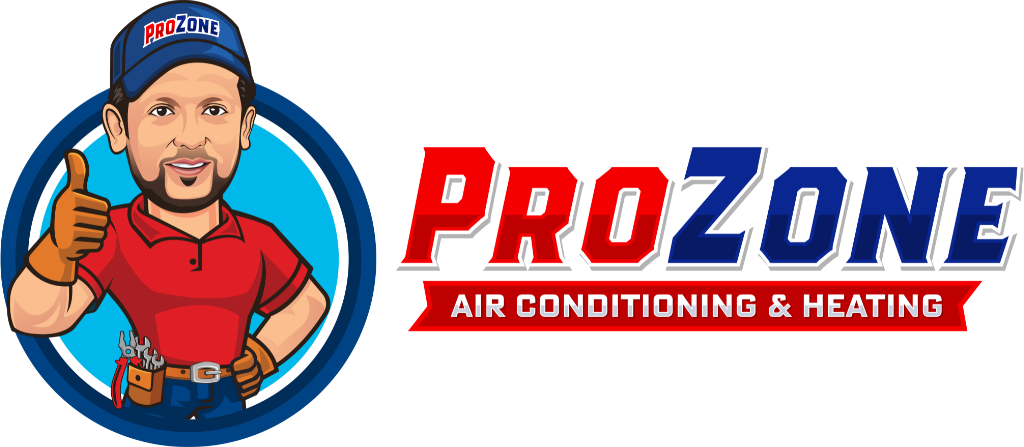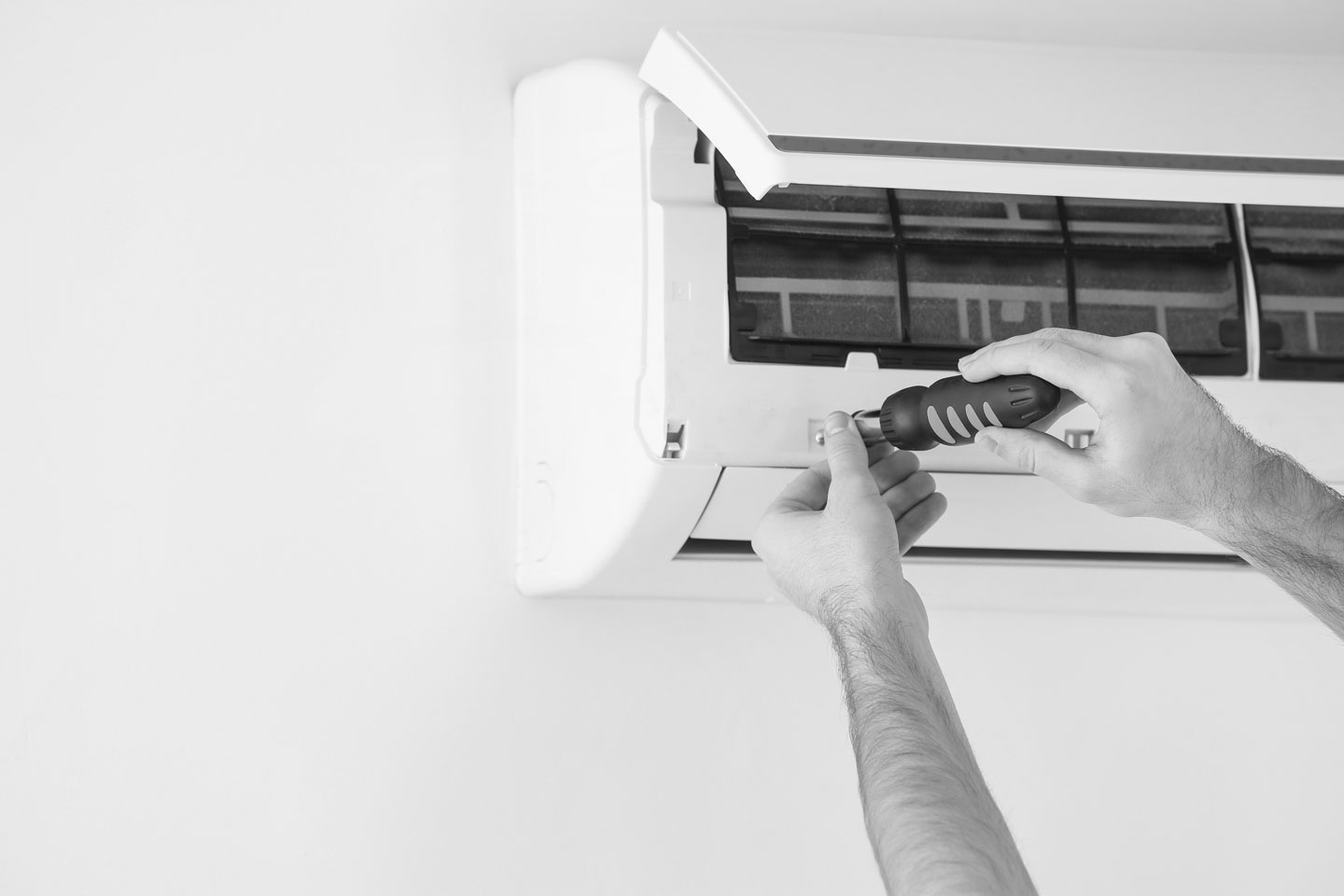Why Is DC Not Used In Residential Appliances Like HVAC Units
DC, or direct current, is a type of electrical current that flows in one direction. It's commonly used in various applications, including batteries, solar panels, and electronic devices. However, DC is not commonly used in residential appliances like heating, ventilation, and air conditioning (HVAC) units. In this article, we'll explore why DC is not used in these appliances and the advantages and disadvantages of using AC and DC in HVAC systems.
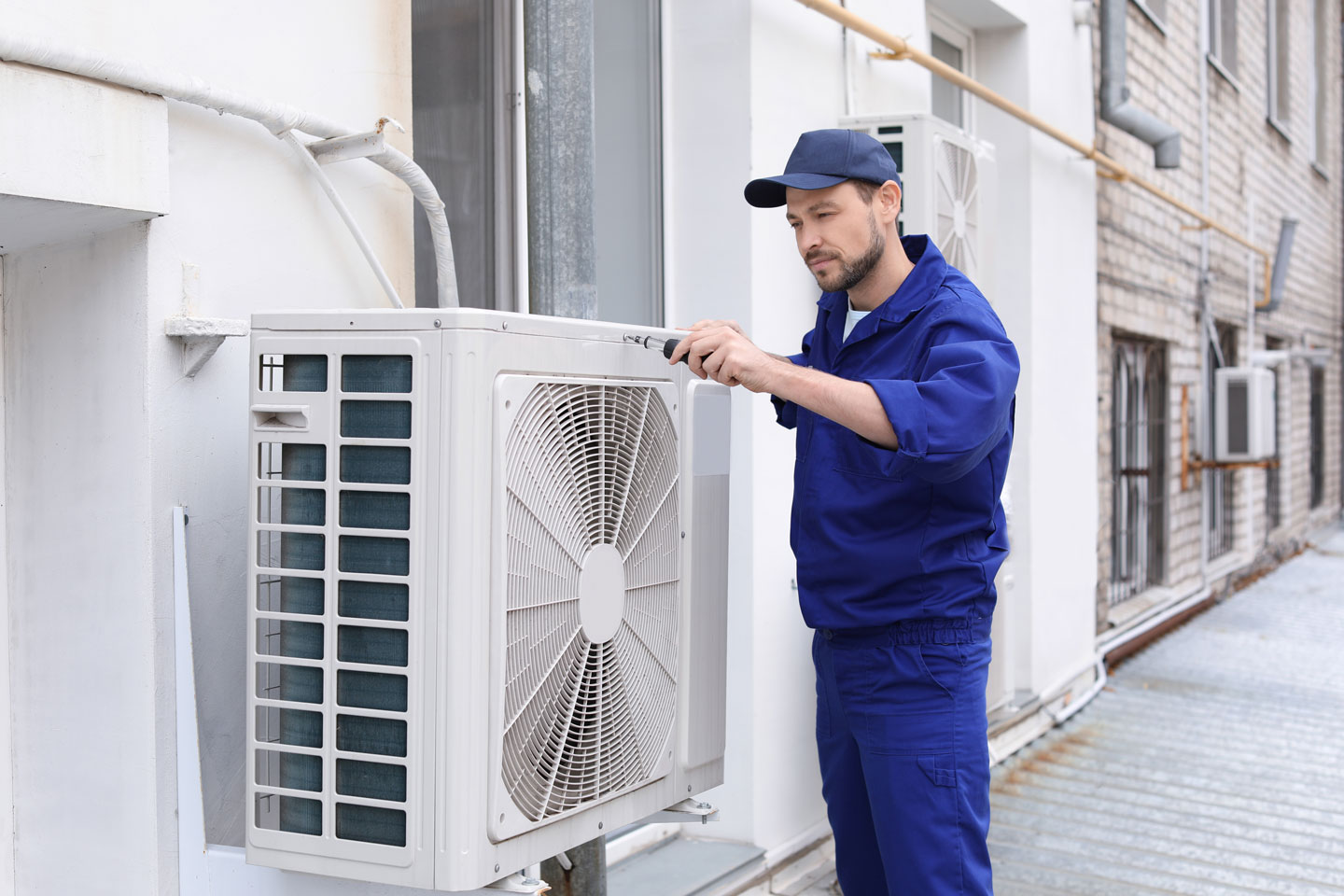
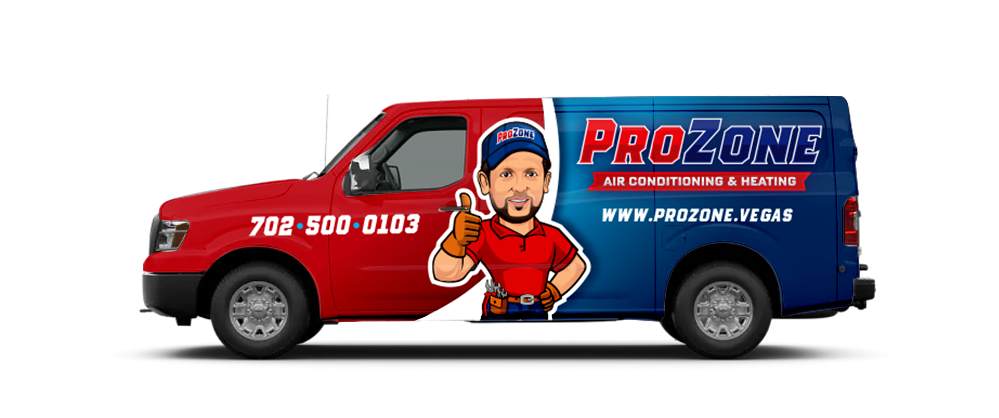
Why DC Is Not Used In HVAC Units
One of the main reasons why DC is not used in HVAC units is because AC, or alternating current, is the standard electrical current used in most residential homes. AC is used because it is easily transmitted over long distances and is more efficient than DC in terms of power transmission. This makes it easier and more cost-effective to distribute power to homes and buildings.
Another reason DC is not used in HVAC units is that AC can be transformed into different voltages with a transformer. This is impossible with DC, meaning that appliances must be designed to operate at specific voltages. This would require multiple voltage options for HVAC units, which would increase the cost and complexity of the units.
Advantages And Disadvantages Of AC And DC In HVAC Systems
Both AC and DC have their advantages and disadvantages when it comes to HVAC systems. AC is widely used in HVAC systems because it is easily transmitted over long distances and is more efficient in terms of power transmission. AC is also easy to transform into different voltages, making it more flexible for HVAC systems.
However, AC also has some disadvantages. AC is more difficult to control and regulate than DC, and it can also cause problems with electrical interference, such as noise and hum in HVAC units. AC can also cause damage to electronic components over time, which can lead to increased maintenance costs.
DC, on the other hand, has several advantages when it comes to HVAC systems. DC is more stable and predictable than AC, which makes it easier to control and regulate. DC is also less prone to electrical interference and is less likely to cause damage to electronic components over time.
However, DC also has some disadvantages. DC is not easily transmitted over long distances, making it less suitable for HVAC systems. DC is also less efficient in terms of power transmission than AC, which can lead to increased energy costs.
Hire ProZone Air Conditioning and Heating For HVAC Maintenance
Since most homes use AC, HVAC units don't use DC. AC is more efficient at power transmission, easier to adapt to other voltages, and easier to send large distances. AC is harder to control and regulate, causes electrical interference, and damages electronics over time.
DC is more stable and predictable and less prone to electrical interference, but it is harder to transmit over long distances and less power efficient. The homeowner or company owner decides whether to use AC or DC HVAC systems. If you are looking for HVAC maintenance experts, call ProZone Air Conditioning and Heating today.
You can learn more on the most common AC problems in our Blog.
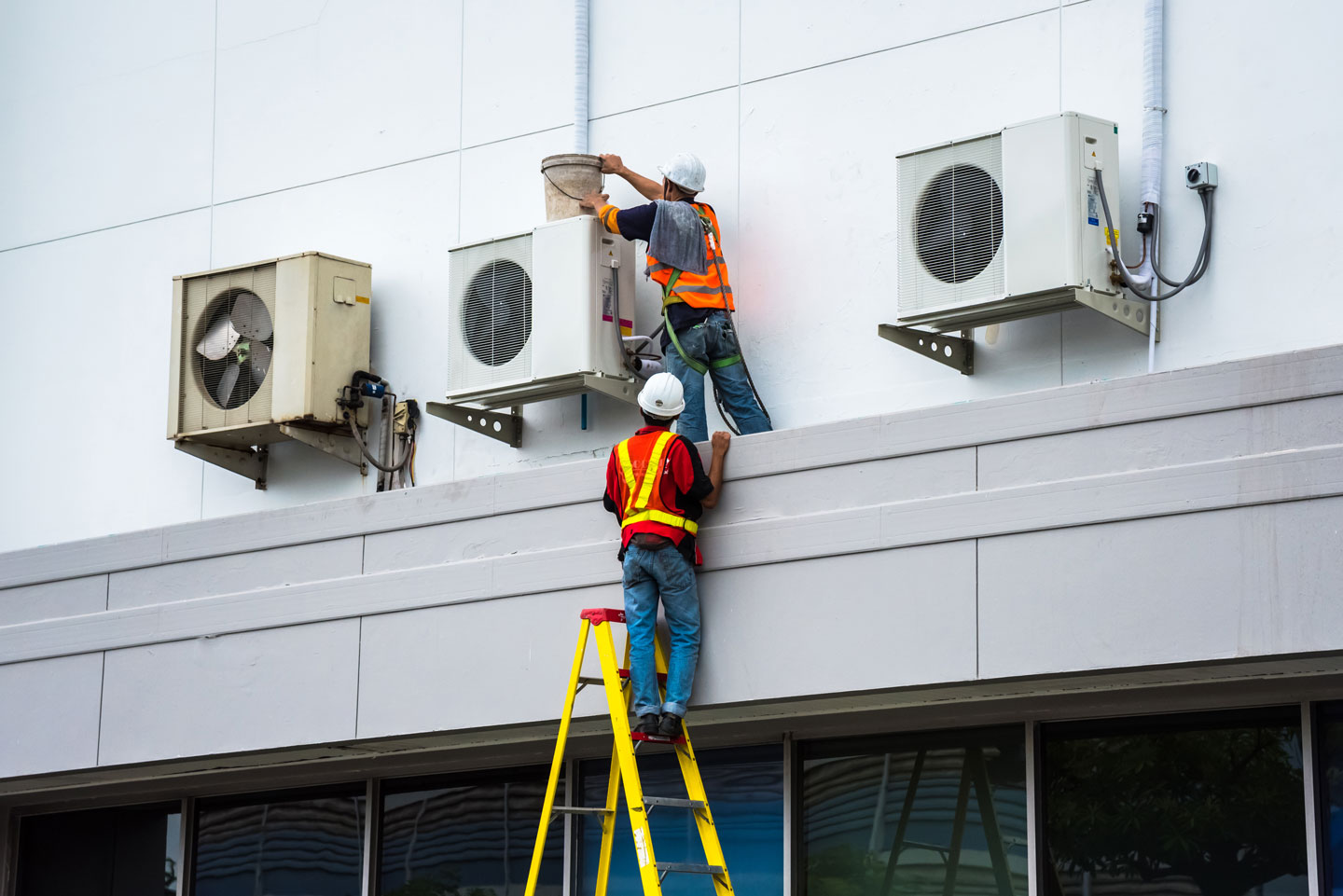
Call Us Today!

OR
